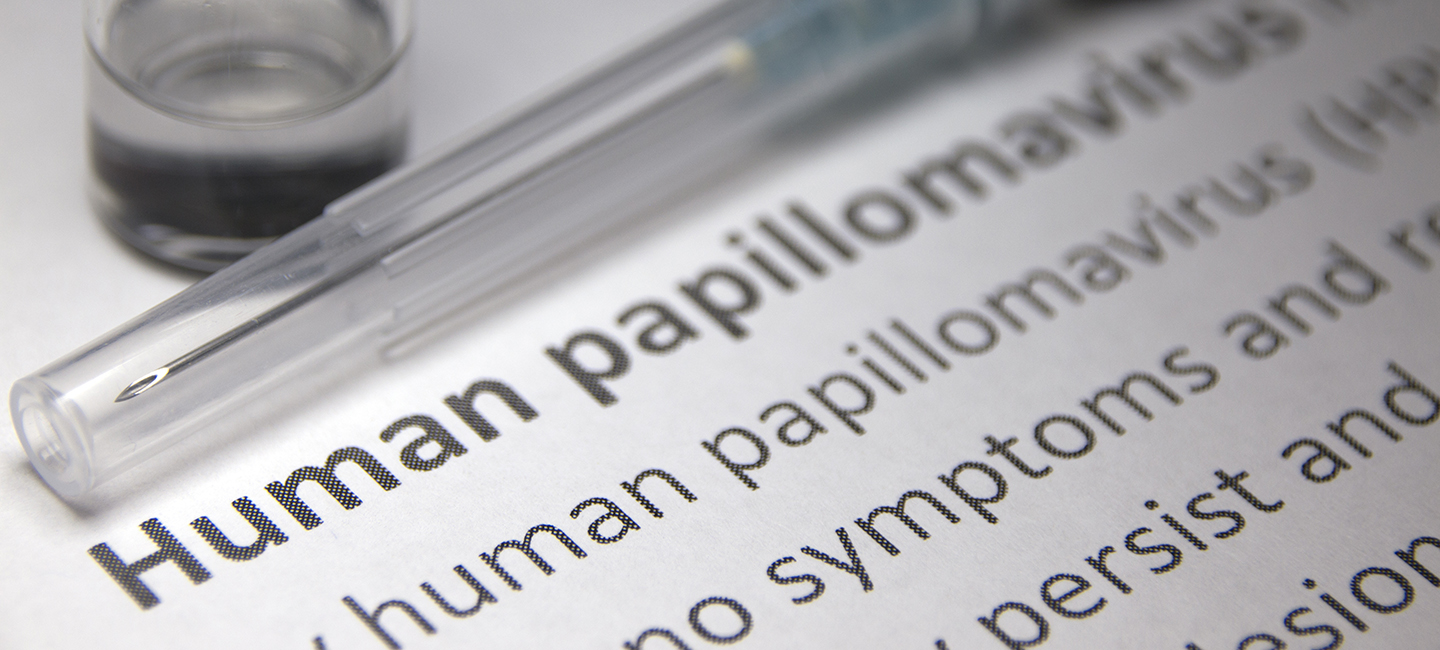International Research Partnership Studies HPV-Related Cancer in Patients with HIV
Moffitt Cancer Center, Weill Cornell Medicine and Universidade de São Paulo are coming together to investigate ways to prevent human papillomavirus (HPV)-related cancers in people living with human immunodeficiency virus (HIV) infection.
Led by Dr. Timothy Wilkin, an infectious disease physician from Weill Cornell Medicine; Dr. Anna Giuliano, an epidemiologist from Moffitt; and Dr. Luisa Villa, a molecular virologist from Universidade de São Paulo, the institutions will conduct three clinical trials in Brazil, Mexico and Puerto Rico focusing on oropharyngeal and cervical cancers. Both cancers are caused by HPV infections with rates of those cancers significantly higher among people living with HIV. New solutions for the prevention, screening and treatment challenges faced by these populations are urgently needed.
The team’s first trial will investigate the use of the HPV vaccine among men with HIV to prevent persistent HPV oral infections, can obligate precursor to HPV-related oropharyngeal cancer. Men, particularly those living with HIV, are at high risk for oropharyngeal cancer. The rate of new cases of oropharyngeal cancer has been increasing annually for the past 20 years, due in part from the lack of screening for this cancer, and lack of proven methods to detect the cancer at early stages when it is more easily treated. Adding to those challenges, evidence indicating that the HPV vaccine can prevent these cancers is lacking.

Dr. Anna Giuliano, epidemiologist, founder of the Center for Immunization and Infection Research in Cancer at Moffitt Cancer Center
“Many countries are waiting for evidence that the vaccine can prevent multiple cancers in men before launching gender neutral national HPV vaccine programs,” said Giuliano. As such, HPV vaccination programs in Latin America and the Caribbean focus primarily on females and not males. The goal of this trial is to evaluate whether an HPV vaccine can prevent oral HPV infections and related cancers.
“This trial has the ability to help far more people than just the men who participate in the study. We are hoping this will open a larger conversation on vaccination strategies in the participating countries,” said Giuliano, founding director of Moffitt’s Center for Immunization and Infection Research in Cancer. “We would like to see HPV vaccination offered to men living with HIV through a broader age range, in addition to an adolescent gender-neutral vaccination. This would help us achieve the prevention and possible elimination of all HPV-related cancers more rapidly.”
The team’s second clinical trial will focus on rapid point-of-care screening tests to help detect cervical premalignant lesions. “In Latin America and many other countries, there are no organized screenings, just opportunistic screenings. As a result, cervical cancer incidence continues to be high, especially among women with HIV because their immune systems are suppressed,” said Villa, head of the Innovation in Cancer Laboratory in the School of Medicine at the Universidade de São Paulo. “I believe these point-of-care screening tests, which can be administered and interpreted in the clinic, will help us find those women who are at increased risk to develop cervical disease and intervene as needed to avoid cancer.”
The third clinical trial will evaluate the effectiveness of a novel therapeutic vaccine for treating cervical dysplasia, a precancerous condition in which abnormal cells grow on the surface of the cervix.
“Cervical cancer is the leading cause of cancer death in women living with HIV in Latin American and Caribbean countries, despite being preventable with proper screening and vaccination,” said Wilkin, associate professor of medicine at Weill Cornell Medicine. “The results of our clinical trials could help form new methods and interventions that can decrease the incidence of cervical cancer in these countries, and around the globe.”
Their work will be supported by an $8.3 million grant from the National Cancer Institute’s U.S.-Latin American-Caribbean Clinical Trials Network. The network brings United States institutions together with their counterparts in low- and middle-income countries in Latin America and the Caribbean — where there are large populations of people with HIV/AIDS and HPV-related cancers — to conduct multidisciplinary clinical research.



